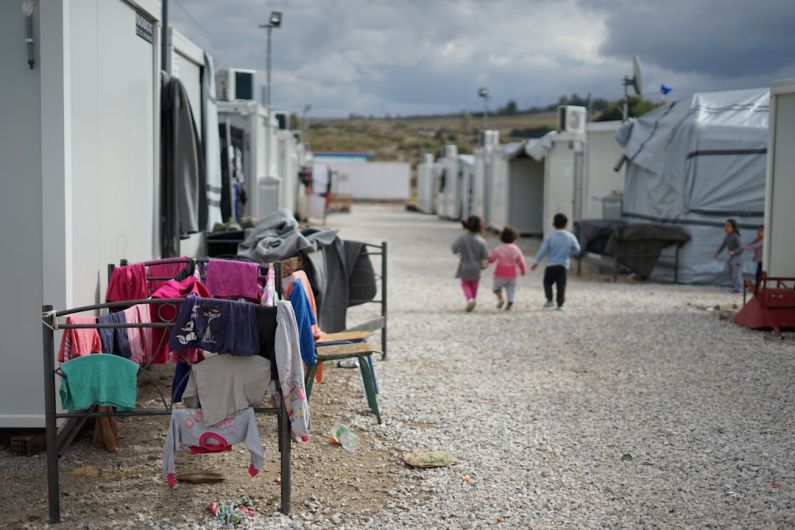Financial Literacy for Underprivileged Communities
In today’s society, financial literacy is a crucial skill that everyone should possess. However, it is often overlooked and inaccessible for underprivileged communities. This article aims to shed light on the importance of financial literacy in these communities and discuss potential solutions to bridge the gap.
Understanding the Importance of Financial Literacy
Financial literacy is the ability to understand and effectively use various financial skills, including personal financial management, budgeting, and investing. It empowers individuals to make informed decisions about their money, leading to financial stability and independence. Unfortunately, underprivileged communities often lack access to resources and education that can help them develop these essential skills.
The Consequences of Financial Illiteracy
Without a basic understanding of financial concepts, individuals in underprivileged communities are more susceptible to falling into debt, becoming victims of predatory lending, and struggling to meet their basic needs. Financial illiteracy can perpetuate a cycle of poverty, making it difficult for individuals to build wealth and improve their quality of life. It is crucial to break this cycle by providing financial education to underprivileged communities.
Challenges Faced by Underprivileged Communities
Underprivileged communities face several challenges that hinder their access to financial literacy. Limited access to quality education, language barriers, and a lack of financial resources are among the most significant obstacles. These challenges make it difficult for individuals in these communities to acquire the knowledge and skills needed to make informed financial decisions.
Bridging the Gap
To address the issue of financial literacy in underprivileged communities, several initiatives and strategies can be implemented. These include:
1. Community Outreach Programs: Collaborating with local organizations, schools, and community centers to provide free financial education workshops and resources. These programs can cover topics such as budgeting, saving, and understanding credit.
2. Partnering with Financial Institutions: Establishing partnerships between financial institutions and underprivileged communities can help provide access to banking services, financial counseling, and low-cost accounts. This can empower individuals to manage their finances effectively.
3. Incorporating Financial Literacy in Schools: Integrating financial literacy into school curriculums can ensure that children from underprivileged communities receive the necessary education early on. This can equip them with the skills needed to make sound financial decisions in the future.
4. Providing Language-Accessible Resources: Recognizing the diversity in underprivileged communities, it is essential to provide financial literacy resources in various languages. This ensures that language barriers do not hinder individuals from accessing and understanding financial information.
The Impact of Financial Literacy
Empowering underprivileged communities with financial literacy can have a profound impact on their lives. It can break the cycle of poverty, increase financial independence, and promote economic growth within these communities. By equipping individuals with the knowledge and skills to navigate the financial landscape, we can foster a more equitable society.
Conclusion
Financial literacy is an essential skill that everyone should possess, regardless of their socio-economic background. By focusing on underprivileged communities and implementing initiatives like community outreach programs, partnerships with financial institutions, and incorporating financial literacy in schools, we can bridge the gap and empower individuals to make informed financial decisions. It is crucial that we prioritize financial literacy for underprivileged communities to create a more just and inclusive society.






